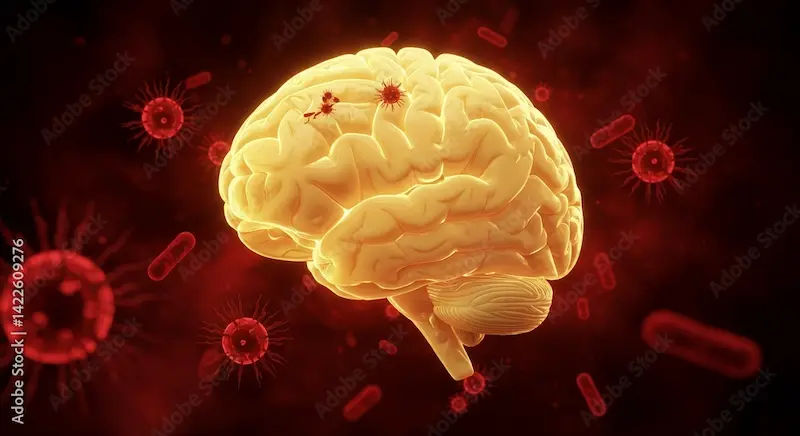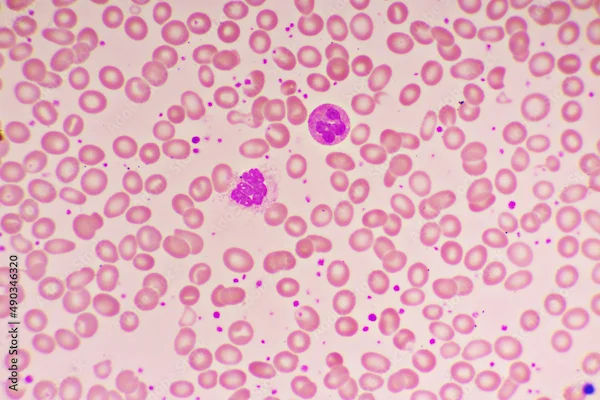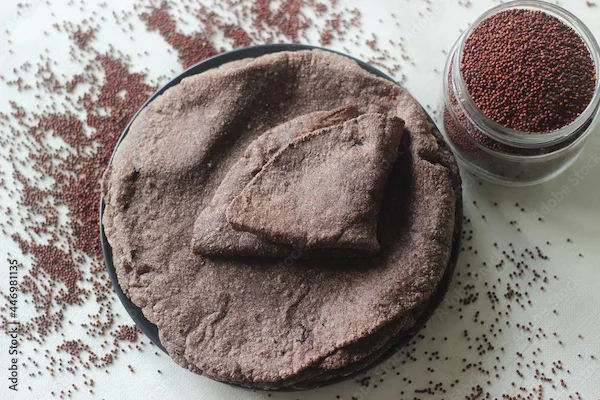Celiac Disease Overview and Management
Discover celiac disease, an autoimmune disorder triggered by gluten. Learn about its symptoms, diagnosis, treatment, and management strategies for long-term digestive and overall health.

Written by Dr. Rohinipriyanka Pondugula
Reviewed by Dr. D Bhanu Prakash MBBS, AFIH, Advanced certificate in critical care medicine, Fellowship in critical care medicine
Last updated on 25th Aug, 2025

Living with celiac disease can be challenging, but with the right knowledge and lifestyle changes, you can lead a healthy and fulfilling life. This article will help you understand what celiac disease is, its symptoms, causes, and how to manage it effectively.
What is Celiac Disease?
Celiac disease is an autoimmune disorder where the body reacts abnormally to gluten—a protein found in wheat, barley, and rye. When someone with celiac disease consumes gluten, their immune system attacks the small intestine, damaging its lining and preventing proper nutrient absorption.
Unlike a food allergy or intolerance, celiac disease is a lifelong condition that requires strict dietary management. If left untreated, it can lead to serious health complications like malnutrition, osteoporosis, and even certain cancers.
Consult a Top Gastroenterologist
Symptoms of Celiac Disease
Celiac disease affects people differently. Some experience severe symptoms, while others may have mild or no noticeable signs. Common symptoms include:
Digestive Symptoms
Diarrhea or constipation
Bloating and gas
Stomach pain
Nausea and vomiting
Weight loss
Non-Digestive Symptoms
Fatigue and weakness
Anemia (low iron levels)
Joint pain
Skin rash (dermatitis herpetiformis)
Headaches
Depression or anxiety
In children: delayed growth, irritability, and poor weight gain
Some people may have "silent celiac disease," meaning they don’t show obvious symptoms but still experience intestinal damage.
What Causes Celiac Disease?
The exact cause of celiac disease is unknown, but several factors contribute to its development:
Genetics: People with certain genes (HLA-DQ2 or HLA-DQ8) are more likely to develop celiac disease.
Gluten Consumption: Eating gluten triggers the immune response.
Environmental Factors: Infections, gut bacteria, and early introduction of gluten in infants may play a role.
How is Celiac Disease Diagnosed?
If you suspect celiac disease, consult a doctor. Diagnosis involves:
1. Blood Tests: Checks for antibodies (tTG-IgA) that indicate an immune reaction to gluten.
2. Endoscopy: A small intestine biopsy confirms damage to the villi (tiny nutrient-absorbing projections).
Important: Do not start a gluten-free diet before testing, as it can lead to false-negative results.
Managing Celiac Disease
The only treatment for celiac disease is a strict gluten-free diet. Here’s how you can manage it effectively:
1. Avoid Gluten-Containing Foods
Wheat, barley, rye, and their derivatives (bread, pasta, cereals, beer).
Processed foods (sauces, soups, snacks) often contain hidden gluten—always check labels.
2. Choose Safe, Gluten-Free Alternatives
Grains: Rice, quinoa, corn, millet, buckwheat, gluten-free oats.
Flours: Almond flour, coconut flour, chickpea flour.
Naturally gluten-free foods: Fruits, vegetables, meat, fish, eggs, dairy (unless lactose intolerant).
3. Watch for Cross-Contamination
Use separate cooking utensils and toasters.
Check restaurant menus for gluten-free options and inform staff about your condition.
4. Monitor Nutrient Intake
Celiac disease can lead to deficiencies in iron, calcium, vitamin D, and B vitamins. Consider supplements if needed, under medical supervision.
5. Join a Support Group
Connecting with others who have celiac disease can provide emotional support and practical tips.
When to See a Doctor?
If you experience persistent digestive issues, unexplained weight loss, or fatigue, consult a gastroenterologist. Early diagnosis and treatment prevent complications.
At Apollo 24|7, you can book a consultation with a specialist or schedule a celiac disease test from the comfort of your home.
Final Thoughts
Living with celiac disease requires commitment, but with the right diet and care, you can stay healthy and symptom-free. Always read food labels carefully, stay informed, and seek medical advice when needed.
Consult a Top Gastroenterologist
Consult a Top Gastroenterologist

Dr. Jatin Yegurla
Gastroenterology/gi Medicine Specialist
11 Years • MD (PGI), DM (AIIMS Delhi), FAGIE (AIIMS Delhi), ESEGH (UK), Gold Medalist
Hyderabad
Apollo Hospitals Jubilee Hills, Hyderabad
(600+ Patients)

Dr. Chethan T L
General Physician/ Internal Medicine Specialist
5 Years • MBBS, MD, DNB (General Medicine)
Bengaluru
Apollo Medical Center, Marathahalli, Bengaluru

Dr Bhargav Vuppumalla
General Physician/ Internal Medicine Specialist
5 Years • MBBS MD GENERAL MEDICINE
Bengaluru
Apollo Medical Center, Marathahalli, Bengaluru

Dr. Arun N
Gastroenterology/gi Medicine Specialist
17 Years • MBBS, DNB PED , DM GASTRO
Chennai
Apollo Hospitals Greams Road, Chennai
(700+ Patients)

Dr Harish K C
Gastroenterology/gi Medicine Specialist
15 Years • MBBS MD DM MRCP(UK) (SCE-Gastroenterology and Hepatology)
Bangalore
Manipal Hospital, Bangalore




